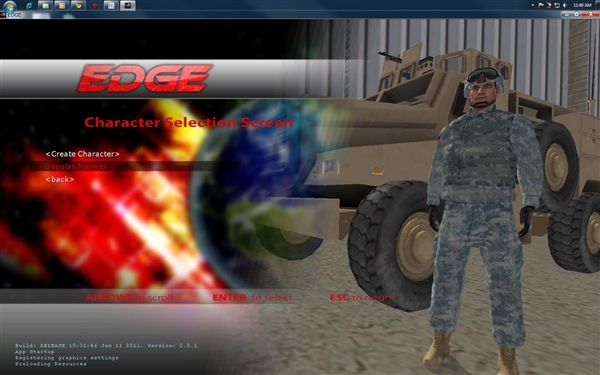WASHINGTON — The practice seems harmless enough. Servicemembers, looking to dull the edge of a stressful day, walk into a head shop after work and buy a small package of K2, the brand name of a smokeable concoction that is perfectly legal in the state in which they are residing. It is not, however, legal in the military.
Such “designer drugs,” often marketed as herbal remedies, are banned under military law and policies by the Defense Department and all of the services. As one example, DOD Directive 1010–3.4 precludes wrongful use of “any intoxicating substance not intended for human ingestion,” and the use of substances “contrary to the directions of the manufacturer or prescribing health-care provider.”
Military officials, having seen a spike in servicemembers’ use of otherwise legal substances, including prescription drugs, are trying to get the word out that the practice has serious ramifications. Besides leading to a court- martial and a less-than-honorable discharge, such practices also can be dangerous.
That is especially true of the practice of sniffing, or “huffing,” products such as glue, paint thinner, and gases such as Freon, butane, propane and helium, all of which are known to cause disorientation, euphoria and other symptoms, Navy Lt. Cdr. Sean Swiackowski, deputy medical examiner for the Armed Forces Medical Examiner’s Office, said in a recent interview with The Pentagon Channel.
Several servicemembers have died recently from huffing, and the use, while mostly associated with young, unmarried people, appears to cut across age and socioeconomic backgrounds, Swiackowski said.
“We’ve found it’s actually a broad range of people” using, Swiackowski said. A 40-year-old Army colonel — who otherwise appeared to be healthy and fit — died from huffing, he said.
Swiackowski believes the deaths, and occasions when other users were left brain-damaged, were accidents caused by people who didn’t realize how harmful misusing such products can be.
“People think it’s not harmful because they use it to clean their homes and desktops,” he said. “To them, there’s no potential injuries to themselves because these are things you get around the house, or buy in the store.”
Many products used in huffing contain 1,1 dichloroethane, a chemical highly toxic to the heart that is produced to remove grease, paint and varnish, and to make other chemicals, according to the U.S. Centers for Disease Control.
The problem, Swiackowski said, is that the chemical’s reaction in the body is volatile, and people can get a false sense of security from using it without experiencing a toxic reaction. “You could use it one time and it causes a toxic event, or you can use it a hundred times, and on the 101st, it kills you,” he said.
Swiackowski has made it his mission to educate servicemembers about the dangers of inhalants.
“The biggest part of my job is in preventing me from having to see anyone else” in the morgue due to substance abuse, he said. “The biggest part of my job to the community is education.
“People don’t realize this is drug abuse,” he added. “You may say you’re just going do it one more time, but that time could be your last.”
Army Col. Timothy Lyons, chief of toxicology in the medical examiner’s office, said even so-called designer drugs such as synthetic marijuana, marketed as “Spice,” or “K‑2,” and salvia divinorum, a variation of the sage plant known as “salvia,” are dangerous.
“A lot of these products are made in garages and homes, so you don’t have quality control,” Lyons told The Pentagon Channel. “Each package, even under the same name, has different levels of compounds. So you really just don’t know what you’re getting.”
Unlike marijuana and other drugs illegal under civilian law, designer drugs are not regulated or properly tested, and sellers often don’t reveal their full ingredients, Lyons said. Toxicologists know, however, that the compounds bind in the central nervous system, “and some of these synthetics bind even greater than marijuana,” he said.
Servicemembers who think they know someone with a substance abuse problem should reach out to them and ask if they can help, Swiackowski said. If they refuse or deny the problem, consider telling their commanding officer you think they have a problem, he said.
“Confront it like you would in any system where you want to get help,” Swiackowski said. “The nice thing about the military is you can always ask to see someone and get help and have it not be in your record.
“The problem is, you have to admit you need help,” he added. “Lots of times, they don’t think they need help because they don’t know what a big issue it is. They don’t realize it’s so dangerous to do these drugs.”
Servicemembers struggling with substance abuse, or who are self-medicating for problems like depression and anxiety, should see a doctor, military officials say, adding that treatment is confidential.
Source:
U.S. Department of Defense
Office of the Assistant Secretary of Defense (Public Affairs)

 von
von 